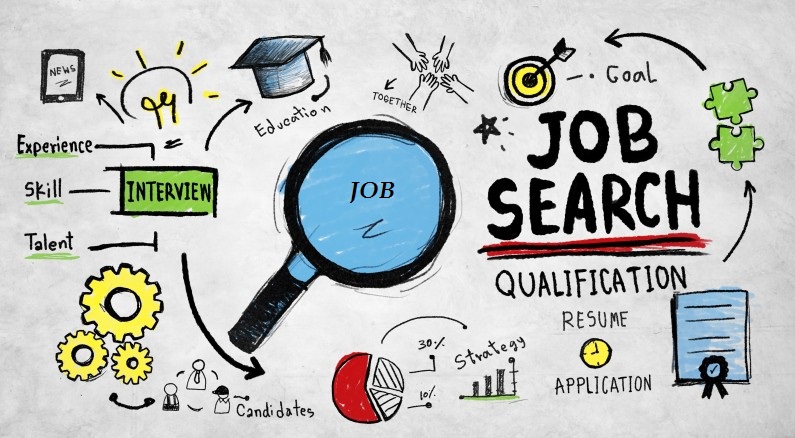


Use social media to make your job search more effective and efficient. We can see that social media profiles have become an important part of our everyday life, whatever technology or platform you choose you’re likely to have a few different accounts online. You can create your own brand by making your profiles online, especially when working in digital it is very important to realize what you add online!
Dos

Don'ts
As long as you’re conscious about what you put online, you’re on the right track! If you have any questions, don’t be shy! Head over to our LinkedIn, Twitter, Facebook or Google+. We practice what we moralize!, and drop us a line!
...
Read More

Your CV plays a vital role in explaining you better without your presence. This is the first step that makes you through to reach the right door. Once your CV reaches out the right place it’s up to you to impress the recruiter and prove that you are really worth of the position offered. Here are the key points which will help you make good impression from the get-go.
You need to be very active when you have this type of question asked. The interviewer wants to see how serious you are about this position and how good you have prepared yourself. Research well before you hit the interview panel; your homework on the company will help you to stand out of the crowd. Be very clear why they need to get in to their company and the reason you are looking for new job should also be very impressive.
This is the universal question asked by any interviewer. Before you starts explaining yourself list all your skills and how they will be directly applicable for the company if they pick you. Project your achievements from your previous employers, preferably quantified sales, and savings on paper clips. Do not focus on what you want to get out of this job you are interviewing for, as this should be only all about you and what they will get if they hire you.
When you get this type of questions, you have to well prepare yourself and explain how well you can work with the team. Elaborate yourself and give the best examples of your team achievements and recognition you have received. Tell how strong you are alone and how well you will be equipped when you are with a team as per requirements.
It’s the time you have to praise yourself before the interviewer. While doing that give specific examples that you have achieved greatness in the past and tell them if you have solved any serious issue for your company’s biggest client. Whatever nice and tangible achievement makes you special can be memorized and get ready to deliver it when prompted.
This is the final question which gives you a hint that you are probably doing well. Be very clear and indicate how much you are expecting. So that the interviewer can calculate how much money they can make from you and when to begin doing so. Do not look so desperate, which will not help you any way. Indicate that you will be flexible and that there will be a way to work out both the financials and start date, should you get to that stage.
Finally, what is your experience of these five questions vs. small talk in interviews?
...
Read More